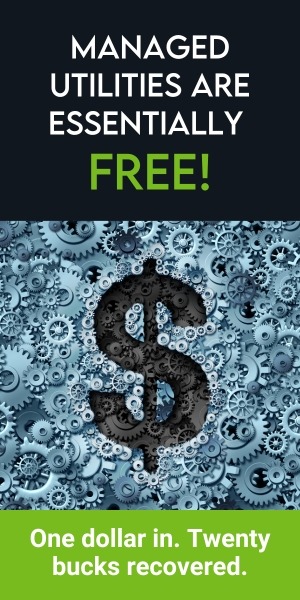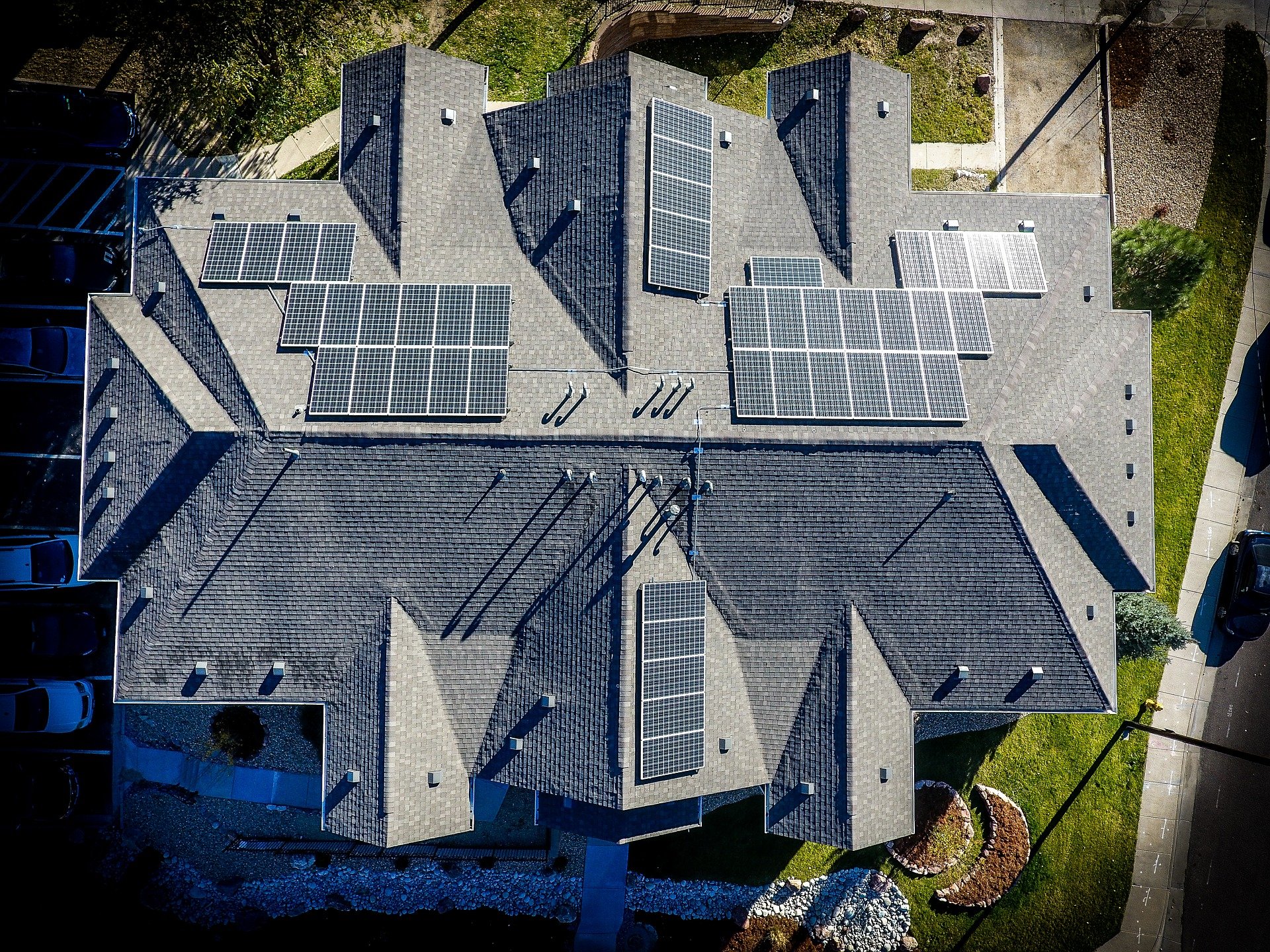Meet
Jerry Davis
 Multifamily wizard. Utilities whisperer. The Chief Sales Officer of the Conservice team dedicated to teaching America how great it is to let someone else handle utilities for you.
Multifamily wizard. Utilities whisperer. The Chief Sales Officer of the Conservice team dedicated to teaching America how great it is to let someone else handle utilities for you.
He’s the point of Conservice’s spear, and as such, he has a thumb on the pulse of the hearts and minds of the multifamily industry. His take?
Rents are flat. New builds are down. Utility management is wisdom.
What’s going on with rent
IN THE MULTIFAMILY INDUSTRY?
“Yeah. So it’s no secret. There’s a lot of concern. The last few years, rent growth has been unprecedented. We saw some of our customers climb as high as 20% year over year. It created a lot of space for growth and new investment. But nothing lasts, right? The circumstances are changing now, and so are the tactics.”
How is the
INDUSTRY REACTING?
“Well, we’re seeing a lot of competition for renters. For the first time in years, real discussion and implementation of renter concessions have become widespread. First month or two free. Furnished television. Lower pet fees. Things like that. It’s given a lot of people whiplash. Everything changed so fast.”
How about investments?
HAVE WE SEEN A SHIFT THERE?
“Oh yeah. Interest rates have skyrocketed. Between rates being so high and rent growth stagnating, we’ve seen a really sharp decline in new construction investments. Which is kind of like a time bomb, right? It takes around two years for new construction to really get off the ground. So I think we’re going to see a pretty sharp deficit in inventory over the next two years to boot. The deficit might help with rent prices, but it’ll introduce its own problems.”
Flat rents. Lower investments.
WHAT’S THE TAKEAWAY FOR VENDORS WHO SUPPORT THE INDUSTRY?
“Be good at what you do. I’m not kidding. See, it’s funny. Really, multifamily vendors fall into one of two categories right? “Nice to haves” and “need to haves.” Right now, you really want to be on the “need to haves” side of the equation. Your service had better solve a problem right now—not just tee up an opportunity for later.”
And you think utilities management falls into
THE “NEED TO HAVE.” WHY?
“Haha. HISTORY. Keep in mind, this isn’t Conservice’s first recession. Remember 2008? When the housing crisis smashed apart the entire U.S. economy? Well, guess what. That’s when Conservice really exploded in terms of growth. See, what it boils down to is that clients get a lot more money out of our services than they put in. Between cost recovery and efficiency, it’s a no brainer. In a funny way, when times are good, saving money is more of a “nice to have.” But now that times are getting tougher, multifamily businesses need to find as much margin as possible. And that’s what we do. The threat of a recession may make businesses more hesitant to invest in new services, but services like ours thrive.”
In terms of our service, what’s changed since
THE 2008 FINANCIAL CRISIS AND NOW?
“Mostly knowledge. See, back then, nobody was really leveraging utility management in any capacity, so when we came in, we were delivering something completely new. Nowadays, there’s a lot more knowledge in that area. Most of our prospective customers are doing something with utility management. A lot of them leverage stack solutions. They’re using some or another add on or extra service from their property management software. It’s bad. It’s inefficient. But it’s cheap. So if there’s a major difference, it’s that we’ve gone from “hey, you should really think about utility management” to “hey, you should really think about ACTUAL utility management that doesn’t suck.” We’re still the most efficient use of multifamily dollars by miles.”
And the future? What do you see for our industry
IN THE NEXT FEW YEARS?
“Whatever your politics, we can all agree it’ll depend a lot on what kind of a White House we have. But the NMHC and NAA have good political influence. They’re always talking to congressmen and senators. They have a pulse on what the Fed is doing with interest rates. Right now, CPI is all tied into inflation. Cost of goods is higher. Rent is higher (but stagnated). I don’t think it’s sustainable. I think interest rates will fall. It’s not anything special. Spikes always happen, and they always go down.”







